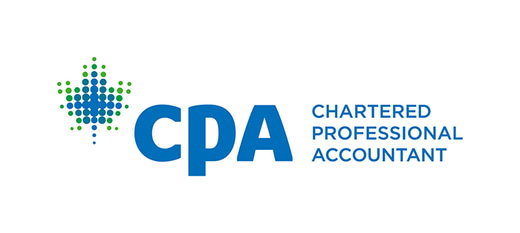Essential Guide to Your First Corporate Tax Filing After Incorporation
7/14/20252 min read


Understanding Your Responsibilities as a New Incorporation
Congratulations on the incorporation of your business! Now that you have officially established your company, it is crucial to understand the necessary steps you must take towards fiscal responsibility. One of the most important tasks is your first corporate tax filing. Knowing how to navigate this process will ensure compliance with tax regulations and contribute to the overall success of your business.
Choosing the Right Fiscal Year-End
When it comes to your corporate tax return, one of the first decisions you need to make is the fiscal year-end for your business. This date can be set at any point within 53 weeks of your incorporation date. Many entrepreneurs opt to align their fiscal year-end with the calendar year, concluding on December 31st. This choice simplifies accounting processes as it matches personal tax timelines for many business owners. Alternatively, you may consider selecting a year-end that coincides with a slower season for your business operations, which can facilitate a more manageable year-end accounting period.
Filing Deadlines for Corporate Tax Returns
As you prepare for your first T2 corporate tax return, it is paramount to pay close attention to the filing deadlines. Once you have established your fiscal year-end, your tax return will be due six months after that date. For example, if you select December 31 as your year-end, then your corporate tax return must be filed by June 30 of the following year. Additionally, it is important to keep in mind that if you owe taxes, payment is generally due two to three months following your fiscal year-end. Failing to meet these deadlines can result in penalties and interest, which can adversely affect your new business.
Conclusion: Stay Informed and Compliant
Incorporating a business is a significant milestone filled with exciting opportunities. However, following through with your corporate responsibilities such as your first tax filing is essential to safeguard that success. Choosing the appropriate fiscal year-end, being aware of filing deadlines, and understanding the payment schedules will help you navigate this crucial process. By staying informed and prepared, you will position your new entity for growth and stability. Always consider consulting with a tax professional for personalized guidance that aligns with the unique needs of your corporation.
